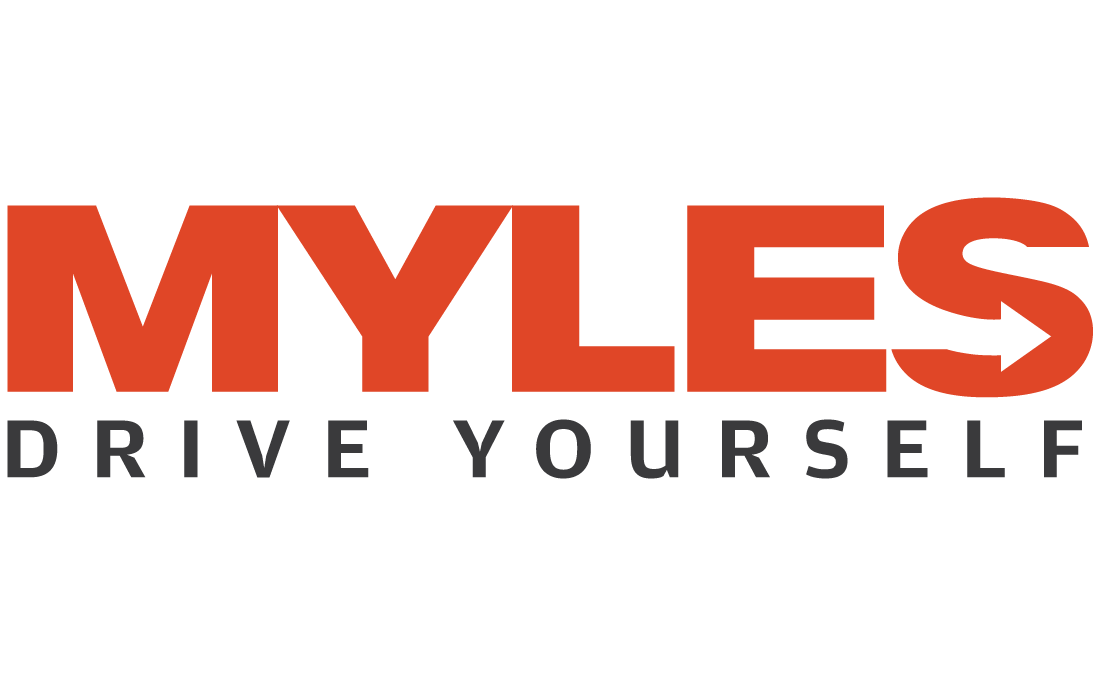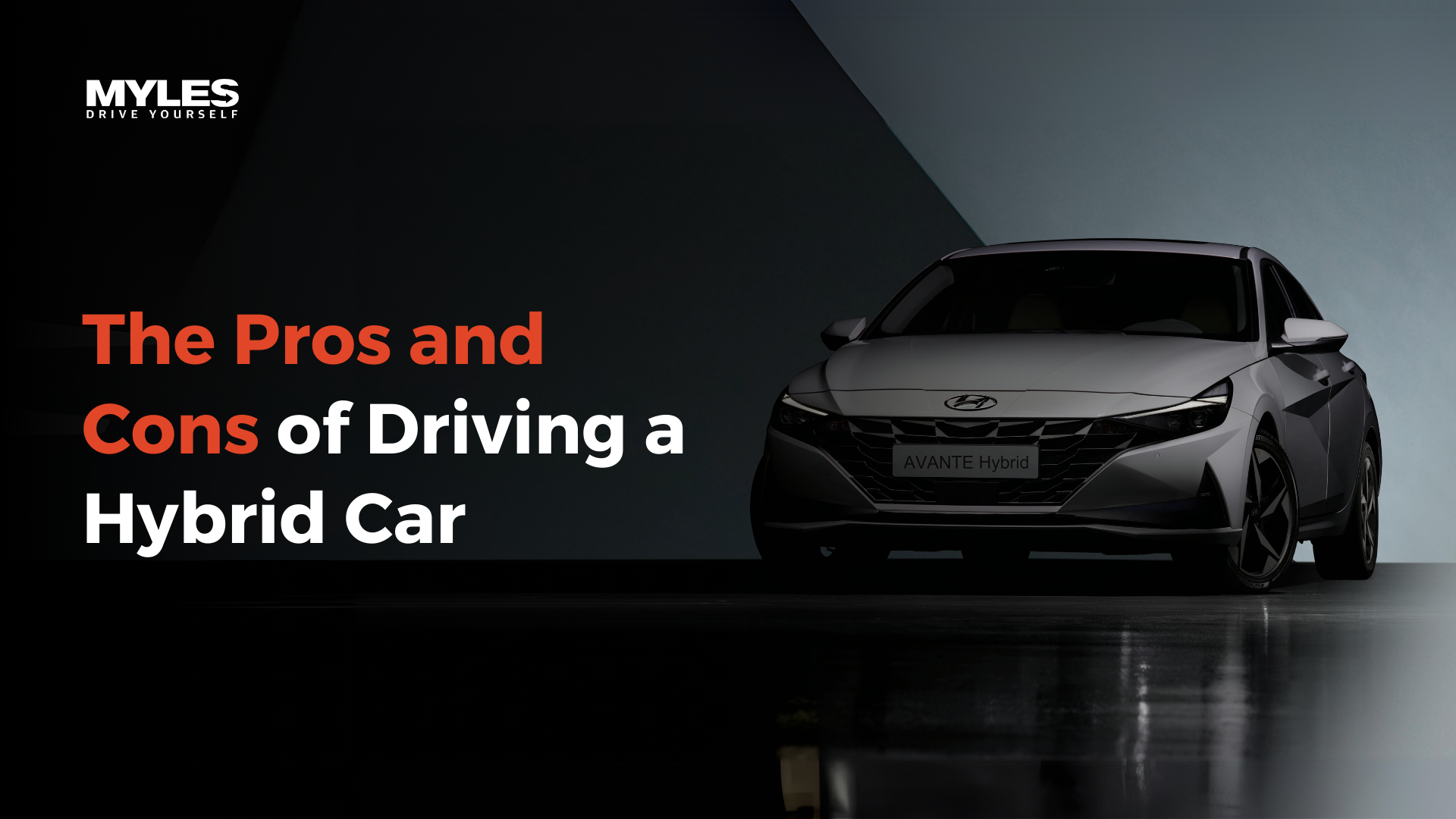In recent years, the automotive industry has witnessed the popularity of hybrid cars because of increasing awareness of environmental issues, a desire for fuel efficiency and to promote sustainability. Hybrid vehicles are a combination of traditional internal combustion engines with an electric motor, offering a unique blend of benefits and drawbacks. In this article, we will explore the pros and cons of driving a hybrid car to help you make an informed decision.
PROS:
1. Fuel Efficiency
One of the primary advantages of driving a hybrid car is improved fuel efficiency. Hybrids use a combination of gasoline and electric power, allowing them to achieve better mileage than conventional vehicles. This can lead to significant cost savings over time as drivers spend less on fuel purchases.
2. Environmental Impact
Hybrid cars are renowned for their reduced environmental pollution caused by the combustion of fuels. The integration of an electric motor results in lower emissions and less reliance on fossil fuels. This makes hybrids an appealing choice for environment-conscious consumers looking to minimize their carbon footprint and contribute to a cleaner and greener environment.
3. Government Incentives
Many governments worldwide offer incentives to encourage the adoption of environmentally friendly vehicles, including hybrids. These incentives may include tax credits, rebates, or access to carpool lanes, providing additional financial benefits for hybrid car owners that promote the use of sustainable options.
4. Regenerative Braking
Hybrid cars often feature regenerative braking systems, converting kinetic energy into electrical energy during braking. This energy is then stored in the battery for later use, enhancing overall energy efficiency and extending the lifespan of the braking system.
5. Fossil Fuels
Hybrid cars contribute to a reduction in the overall consumption of fossil fuels. By incorporating electric power, hybrids decrease the reliance on traditional gasoline, helping to reduce the environmental impact associated with extracting and burning fossil fuels.
6. Maintenance
Hybrid cars do not need high-cost maintenance regularly which reduces the headache of scheduling servicing of the vehicle and also shows optimum utilization of resources.
CONS:
1. Higher Initial Cost
One of the most significant drawbacks of hybrid cars is their higher initial cost compared to traditional gasoline vehicles. The advanced technology and components required for hybrid systems can ask for a more substantial upfront investment, which can lead to resistance to its acceptance.
2. Limited Electric Only Range
While hybrids offer improved fuel efficiency, their electric-only range is typically limited. Drivers may find themselves relying on the gasoline engine for longer journeys, reducing the overall environmental benefits and fuel savings associated with electric power.
3. Battery Replacement Costs
Hybrid cars are equipped with batteries that have a limited lifespan. When the battery eventually needs replacement, it can be a costly expense. However, advancements in battery technology are gradually addressing this issue, with newer models boasting longer-lasting and more affordable battery systems.
4. Weight & Performance
The additional components like an electric motor and fuel engine required for a hybrid system can result in increased vehicle weight, automatically impacting performance. Also, people experience dropped mileage coverage during winters, while modern hybrid technology has made significant strides in addressing this concern, some drivers may face difficulty in handling and acceleration compared to traditional vehicles.
5. Driving Experience
Unlike traditional cars, a significant portion of car owners are not a fan of driving hybrid cars, they usually prefer to stay with their older methods. Some people are not satisfied with the driving experience hybrid cars offer in the initial days, on the other hand thoroughly enjoy their hybrid ride.
Conclusion
In conclusion, driving a hybrid car comes with both its advantages and disadvantages. The decision to choose a hybrid depends on individual preferences, driving habits, and the environmental consciousness of the driver. To make a wise decision you can first try your hands on a subscription car from Myles where cars are available at zero down payment, no insurance, and no maintenance cost. Grab your hybrid car from https://www.mylescars.com Top of Form and step towards the sustainable future of your kids.


